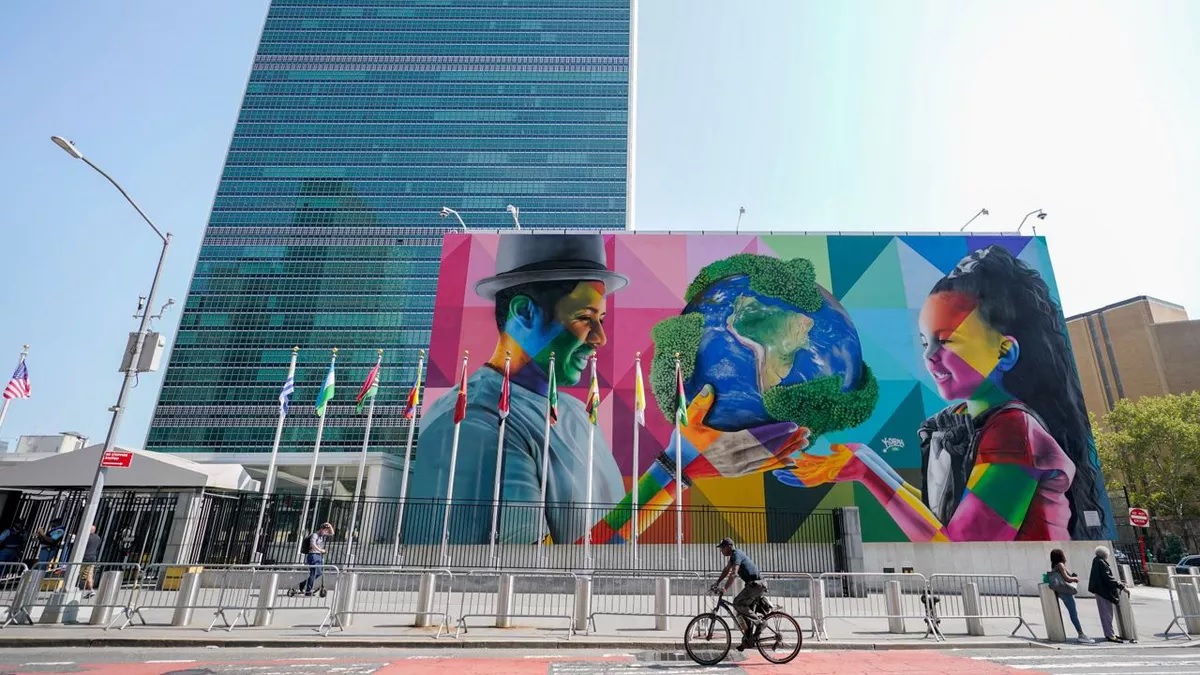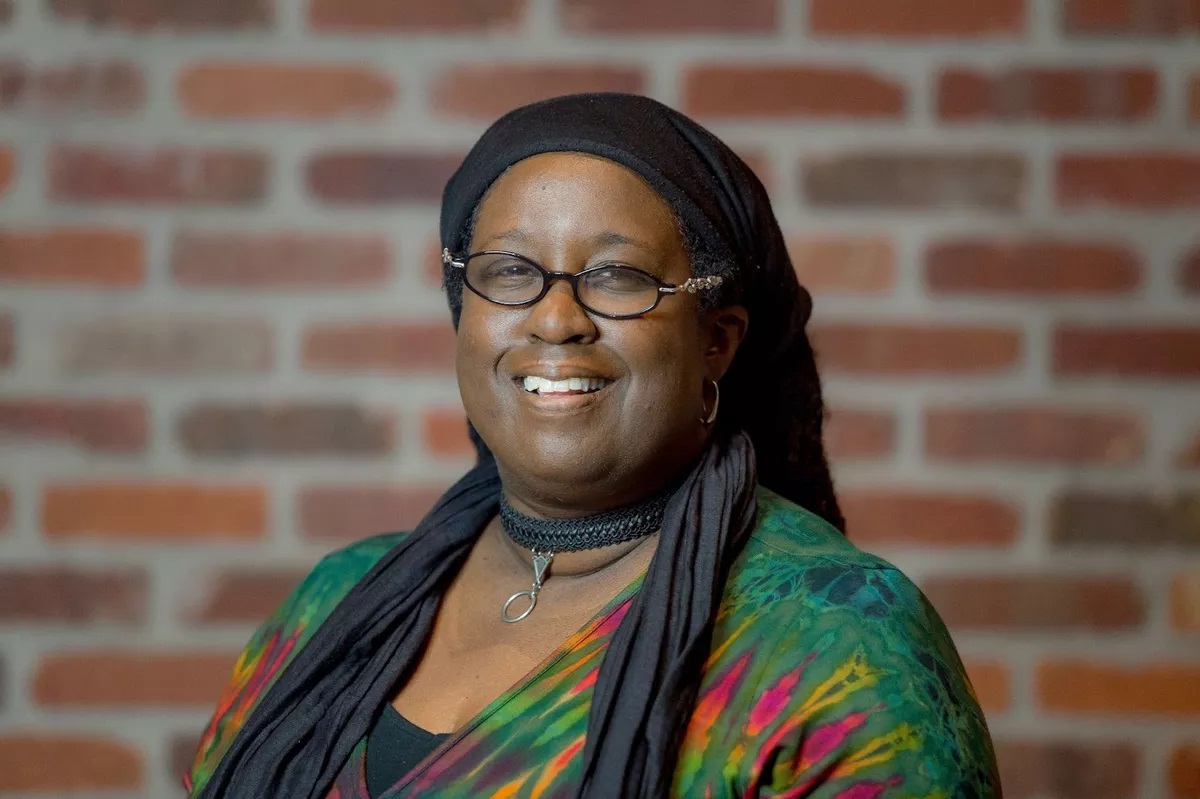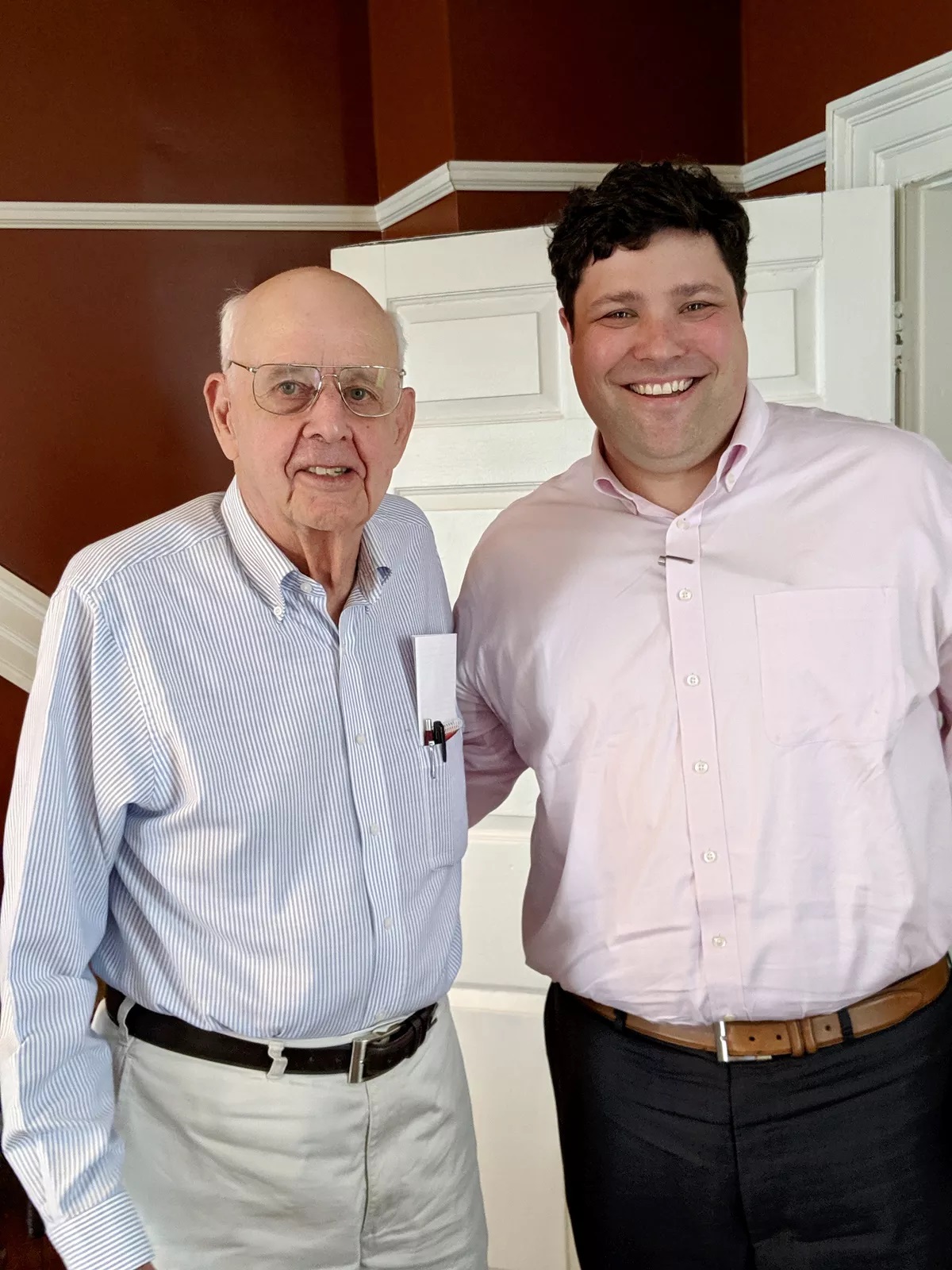👋 Welcome to Starting Early. Every other week, we spotlight new reports, useful news, engaging interviews with people doing important work, and interesting takes on maternal health and early childhood development issues.
Addressing climate change has never been more urgent. This summer, communities across the world experienced record-breaking heat waves, flooding, droughts, and other extreme conditions. In response, President Joe Biden signed a bill into law that included $369 billion to fight climate change. Still, much more needs to be done — especially to support those most severely threatened.
Guest Editor Joe Waters agrees. At Capita, a nonpartisan think tank Joe co-founded and runs to support a future where all children and families flourish, he led the launch of the Early Years Climate Action Task Force. It will draft an action plan to identify ways for government, businesses, philanthropy, and nonprofits to respond to the climate crisis and mitigate its harmful impact on young children.
Joe shared, “This week, I joined leaders from around the world at the Clinton Global Initiative for a discussion about the unique threat that climate change poses to our youngest children and their families. I left that conversation with three takeaways:
- As the health impacts of climate change “write” themselves on babies’ brains, buffering the effects of climate-related toxic stress must be an urgent priority.
- In the face of a more volatile future, we need to invest in pregnant mothers, children, and families with young children — with particular focus on supporting social connections that foster resilience.
- We need to focus not only on resilience, but on flourishing. Despite the challenges of addressing social and ecological threats, every child deserves the opportunity to flourish.”
Read on and click the links to go deeper.
1. Climate as an era

Higher temperatures, poor air quality, and other climate change-related events harm the health and wellbeing of millions across the world.
Children bear the brunt: About 88% of the global burden of disease that climate change causes occurs in children younger than 5.
They are especially vulnerable because of difficulty regulating body temperature and reliance on caregivers to protect them from the heat. The risk of overheating is even higher among low-income children and children of color, who often live in communities up to 7 degrees warmer than their wealthier, white counterparts.
- Extreme heat is also detrimental to pregnant women and developing fetuses— associated with still birth, preterm birth, low birth weight, and congenital disorders.
Pollution and more frequent wildfires contribute to poor air quality. Warmer temperatures increase ground-level ozone, causing respiratory problems and aggravating asthma. Children’s immature immune and organ systems make them more sensitive to elevated ozone levels and other air pollutants.
Why it matters: Today’s children experience climate events more than previous generations. A US child is now 7 times more likely to experience climate extremes, including heat waves, droughts, and floods.
Yes, but: It’s not too late. Nations are responding to the climate crisis with record-breaking investments in renewable energy, working to grow back the Great Barrier Reef, and recognizing the universal human right to live in a healthy environment. With combined efforts and sustained investments, the worst effects of climate change can still be avoided.
2. Supporting Black communities in the fight against climate change

Guest Editor Joe Waters sat with Jacqueline Patterson, founder and executive director of the Chisholm Legacy Project, a resource hub for Black frontline climate justice leadership. Inspired by the life and work of Shirley Chisholm, the first Black woman elected to Congress, Jacqui founded the project to provide Black communities with the resources to advance system-level changes that address climate inequities. Here are highlights from their conversation.
How does climate change disproportionately threaten Black children?
Each year breaks the previous year’s record for level of heat. A large percentage of African Americans live in urban areas, where a lack of tree cover, the relationship between heat and concrete, and so forth, combine to create a concentrated level of heat. Recent studies show the harm to mothers and babies from heat waves and the urban “heat island” effect.
The combination of the heat and living in areas more likely to be exposed to toxic emissions exacerbates asthma impacts. African American children are three to five times more likely to enter the hospital for asthma attacks, according to the American Lung Association, and two to three times more likely to die of an asthma attack.
Tell us about your experience working at intersections and across silos.
Women of color are disproportionately harmed by climate change and are taking the lead to find solutions. Seeing the intersection of racism, gender, justice, immigration rights, climate, and other issues, brought me to this place leading the Chisholm Legacy Project. It is a wholly intersectional model that recognizes that all of these rights and challenges are linked, so we need holistic solutions to address climate change and other social and economic injustices.
What’s a project you’ve dreamed about, but haven’t started?
Building a healing center and sanctuary houses for women – Black femmes in particular – who need a place to retreat from daily challenges. A place to go get centered, rest, have self-care, and really just shore up to go back into the journey. That’s something that I dreamed about and have started to put into practice: To start looking for properties, looking for people who want to resource this, and putting that dream into action.
3. Community-led climate solutions
Advocates and community organizations are finding innovative ways to address climate inequities. We highlight 3 examples below.
- Greening schoolyards: Too many children lack access to the benefits of green spaces— parks, trails, and other outdoor areas. The Trust for Public Land’s Community Schoolyards™ projects transform schoolyards into public parks, helping students, families, and community members stay healthy and active. The projects also address climate change by replacing school blacktops with gardens, bioswales, and porous surfaces that prevent flooding and decrease the urban heat island effect. Read about the Trust’s newest schoolyard in Philadelphia. 🌳
- Building community climate resilience: As trusted community members, doulas are natural leaders to identify and support the needs of families during natural disasters. Based in a community regularly hit by hurricanes, Birthmark Doula Collective in New Orleans maximizes the role of doulas with its Emergency Preparedness Program. The program helps parents prepare for and respond to emergencies with infant feeding kits, assessments of how infants were fed prior to a disaster, and a 24-hour emergency parent-infant hotline staffed by doulas and lactation consultants. Click here for more information.
“Mitigating the harm of climate change on communities needs several points of impact. Childbirth professionals who are embedded in preparing for disasters and emergencies add impact and value to community infrastructure.”
— Jill Wodnick, Birth Equity Program and Policy Manager at the Institute for Medicaid innovation
Parent climate activists: To bring parents’ voices to the front lines of the climate fight, Our Kids’ Climate trains, mentors, and provides microgrants to parent-led climate groups and promotes collaboration and joint campaigns. The organization has grown to 58 parent groups in 23 countries, including Families for a Livable Climate, which launched a storytelling project sharing how climate change threatens Montana residents. One 11-year-old participant wrote:
Learn about Our Kids’ Climate’s advocacy at the 2021 UN Climate Change Conference.
4. One smile to go: Lessons from Wendell Berry 😃

Wendell Berry wears many hats – environmentalist, writer, cultural critic, and farmer. Berry shaped and inspired Joe’s vision of creating an ecology of flourishing for all children and families, and pushed Joe to view climate change and child wellbeing as one crisis — not separate issues.
In his best-selling book, The Unsettling of America: Culture and Agriculture, Berry argues that the shift from small, family farms to large, commercial farms severed our connection to the earth and harmed the nation’s wellbeing. He writes, “If the body is healthy, then it is whole. But how can it be whole and yet be dependent, as it obviously is, upon other bodies and upon the Earth, upon all the rest of Creation, in fact?” 🌍
Stay in touch with Joe Waters via email at joe@capita.org and follow Capita on Twitter and LinkedIn.
The roundup
Learn about upcoming events, new funding opportunities, and jobs in maternal and infant health and early childhood:
- Centering children in the climate change fight: The Early Years Climate Action Task Force is hosting a series of listening sessions to hear from parents, caregivers, providers, and other subject matter experts on climate change’s impact to young children. Register to attend the first meeting on October 14.
- Promoting climate resilience: The Global Consortium on Climate and Health Education is hosting the Climate and Health Advocacy Boot Camp to train health professionals on how to help communities respond to the climate crisis. The 5-week program begins September 29.
- Environmental justice in New York: Climate experts, activists, and advocates convened during Harlem Week in August to discuss how environmental racism harms communities of color like Harlem – which experiences significantly higher temperatures than wealthier New York neighborhoods. Read more here.
- Montana youth activists raise the alarm: 16 young people sued the state of Montana for violating the state constitution’s provisions supporting environmental rights. The first youth-led climate change lawsuit to go to trial in the US is set to begin in February 2023.
- Advancing midwifery in New Jersey: With the New Jersey Health Care Quality Institute, the Burke Foundation is launching the New Jersey Maternal Infant Health (MIH) Hub to develop strategies to uplift and diversify the midwifery workforce. Applications to join the MIH Hub Board are due October 14. Click here for more information.
